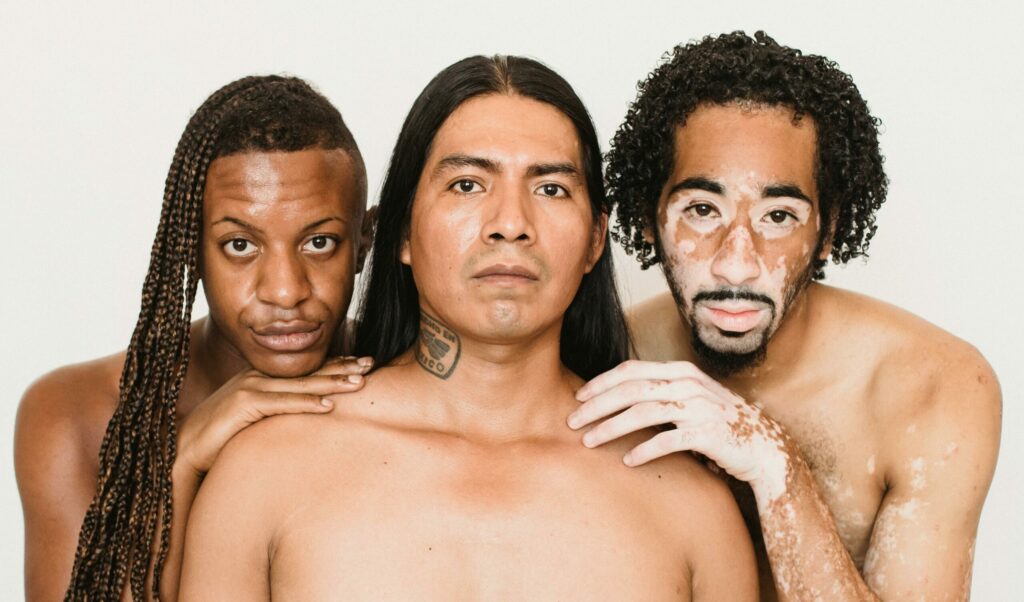Linking discrimination to culture and avoiding it

How is discrimination related to the culture we live in?
How not to fall into the spectre of discrimination in certain situations?
Discrimination is deeply rooted in society and can be based on many different characteristics. It manifests itself in everyday lives, in individual perceptions to culture and customs, in social and economic structures, in education and employment, and in access to services, opportunities, resources and the market.
Prejudices and stereotypes are linked to the process of personal identity formation and are related to the social identity that is formed through the process of socialisation.
Sex discrimination involves treating someone unfavourably because of that person’s sex, including the person’s sexual orientation, gender identity, or pregnancy.
The nature of prejudices and stereotypes is therefore linked to the paths an individual takes during his or her life, the processes of functioning of the mind, personality structures and individual motivations that guide his or her actions.
Prejudices and stereotypes, from a sociological perspective, are linked to a social identity that is formed in the course of the socialisation process.
It is important being aware of the personal biases, as well as situations or contexts where the experience bias helps reduce cultural.
It is important to remember that biases are not permanent and can be shaped and changed to limit their impact on our thoughts and behaviours. In addition to self-awareness, demonstrating empathy (understanding and sharing the feelings of someone else) and taking a culturally relativist perspective is another way to reduce gender bias. Challenging and correcting gender stereotypes in everyday activities is another way that we can reduce gender bias as individuals.
An active promotion recommendations for diversity and inclusivity in the workplace and community could be to implement gender neutral recruitment processes as well as promote a culture of meritocracy.
No gender discrimination is not only a manifestation of a fundamental human right, such as equality, but a necessary foundation for a peaceful, prosperous and sustainable future. Eradicating gender issues means a world where all human beings enjoy equal rights, resources, opportunities and protections.